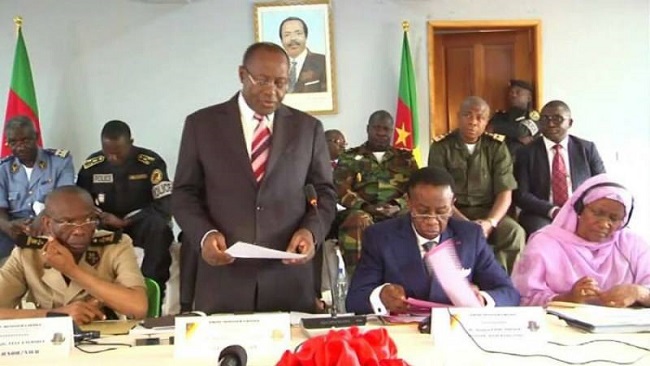The Right to Education and its implementation in Cameroon
The current situation in has caused some government authorities to bring out their best guns and tactics – play on the people’s emotions. Deceit has been used for many years as a tool of choice to perpetrate and perpetuate injustice in a country that is supposed to be an earthly paradise for all. Of course, our children have a right to education. There is not dispute about this fact. Education has two integral parts – formal and informal. During the blank year our children will have a good feel of informal education. Formal education has given them certificates which are not worth their weight in gold for so many years. If a Francophone teacher has to teach mathematics, physics and chemistry to Anglophone students using the worst type of English, how will such students boast of sound education when they cannot really express themselves in sound English?
Similarly, the right to education propaganda must also understand that going to school to be taught by disgruntled teachers or to be taught in pidgin or “Franaglais” amounts to low quality or meaningless education. Such education will help to keep the students unemployed for years and many will not have confidence in themselves. It is important to address those core issues that have been tabled by the teachers first before getting the students back to school because after three decades of unfulfilled promises, nobody can have faith in a system where lies, arrogance and corruption have become the hallmarks. Education is a means to an end and going to school without a mapped out future does not make the education fascinating to parents, teachers and students.
Anglophones have already known a lot in Cameroon. A blank academic year is not new to an average anglophone in Cameroon. An average anglophone experiences several blank years. Repeating in the university because of marginalization and discrimination or spending so many years unemployed because of the same reasons. Worst still s/he remains underemployed or work under an incompetent francophone for his/her entire professional life. Spending some blank year(s) and getting something out of this situation could be golden.
The practice of the classic English culture or being a genuine intellectual at times earns you sanctions including loss of jobs in La Republique. The country’s political elite has always promoted something else which has always made the Anglophone look more like a lost being. For the typical Francophone, “Le chef a toujours raison meme lorsqu’il tue les gens”. To the Anglophone, a leader should be a servant. This is one difference between Anglophones and Francophones which is making it hard for both linguistic blocs to live together in a unitary state.
For so many years, bilingualism in Cameroon has always meant Anglophones should write and speak French, and dialogue means listening to the government and asking no questions. The notion of government in civilized countries implies officials listening to their people so as to better govern. In our case, officials must arrest you when you ask a simple question or when you refuse to betray your people.
All of this calls for dialogue and a review of the terms of the union. Cameroon is one and indivisible as the government says, but it could be one and indivisible within a federal structure. Dialogue is the answer. Arrests and killings only help to destroy any chances for genuine reconciliation.
By Dr. Joachim Arrey
Contributing Editor
Cameroon Intelligence Report




